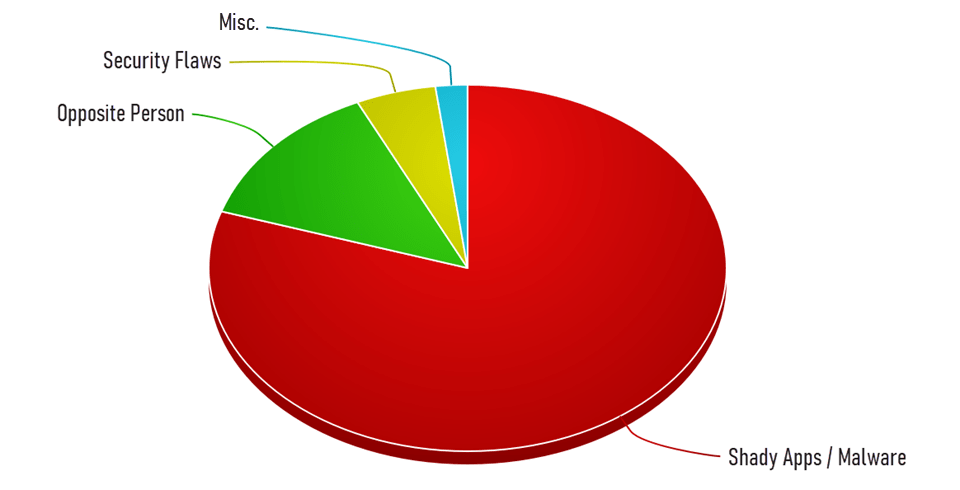- We spend countless minutes on video calls every day.
- But how safe is the video calling app we use?
- Can it be hacked or be recorded by third parties?
Did You Know? Did you know that the widely-used messaging app WhatsApp was born from the creative minds of two former Yahoo! employees, Brian Acton and Jan Koum, back in 2009? The app’s playful name, “WhatsApp,” is a clever twist on the phrase “What’s up?”, capturing its casual and conversational spirit.












